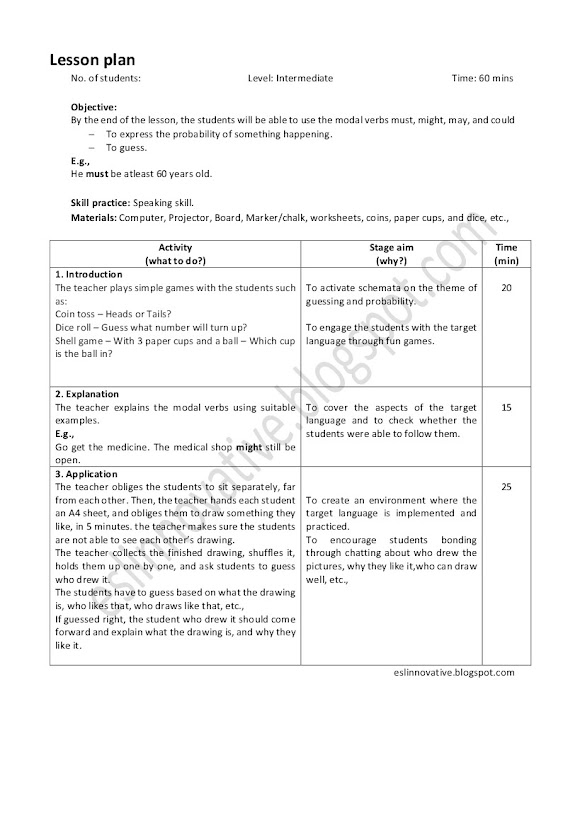Probability means the chances of something happening; Something likely to happen. We use probability modal verbs must, may, might,
and could when we are uncertain about something and are making a guess.
Must
We use must when we are sure about something. We
mostly use must when there is evidence to support the statement but
still not 100% sure.
E.g.,
She must be on her
way. She told me she left the house.
It must be raining
outside. I can hear the sound.
Also, in case of must, When we are sure of something
that's not happening, we use can't, not mustn't. Mustn’t
is not used for probability statements.
Can't, in case of probability, is used to express
disbelief.
E.g.,
It can't be Keanu
Reeves; he's a celebrity. He won't use public transport.
Could
We use could when the possibility is high but not as
high as must.
E.g.,
He could be busy. I don't want to disturb him.
May/might
We use may when the possibility of something happening is
higher than 50%.
We use might when the possibility of something happening is
less than 50%.
E.g.,
It might rain
tomorrow.
They might not win
the match if they keep fighting with each other.
I may not be able
to make it to the concert tomorrow. I have a lot of work to do.
Past tense
When we are unsure or not 100% sure of something that
happened in the past, we use modal verb+have+past participle.
E.g.,
I must have forgotten to bring his notebook.
I can’t have missed the train; I arrived on time.
That was a risky shot. He could have missed the
goal.
I may/might have gotten the flu. I can't taste
anything.













0 comments:
Post a Comment